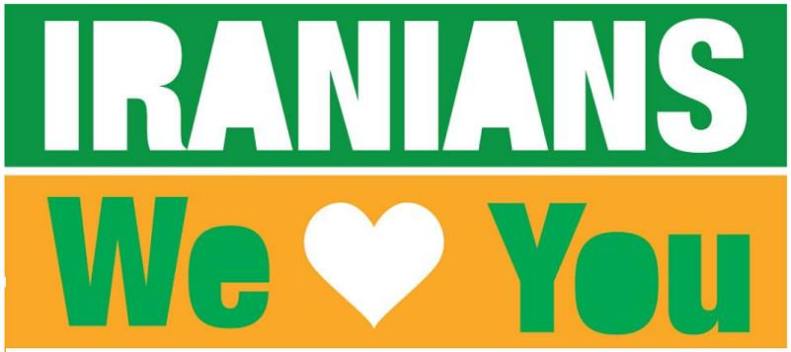Translation of pNan’s webpage – the original article can be accessed at http://blog.naver.com/pnan/60153129465
I’m a refugee too <Albert Einstein>
Welcome to the first story in the “I’m a refugee too” series.
Today we are introducing someone whom everybody knows – the infamous Albert Einstein.

silvieandmaryl.com/author/bosslady/page/3/
‘I’m a refugee? Why don’t you prove it with a mathematic formula?’
Did you know that the scientist Einstein whom we are all familiar with, was a refugee? Let’s take a look at his life to see what happened.
Einstein was born in Munich, Germany in 1870. He was born into a Jewish family. It’s said that he liked music and math from a young age. He went on to a university in Switzerland and after graduation began work as a technical officer at the Bern Patent Bureau.

guidedmunich.com
This is the city where baby Einstein was born – Munich, Germany.
In 1905 Einstein published his paper on what would become the basis for the theory of relativity which would bring him international fame as a scientist. The research paper that was published argued that time and space was relative, which would get the whole world talking.
Afterwards Einstein received a doctorate degree at the University of Zurich in Switzerland and taught students there. In 1909 he taught students at the University of Prague, and in 1914 he moved to the Prussian Science Academy as a researcher. And finally, in 1919 (when South Korea was having its March 1st independence movement..!!), Einstein proved his theory of relativity mathematically. This is when he received international acclaim as a scientist and went on to receive the Nobel Prize in 1921.
Now starts the Einstein’s life as a refugee.
Einstein who was on a brief visit to the U.S. decided not to return to Germany when Hitler gained power in 1933 and Nazism and anti-Judaism began to spread. Such a case is referred to as “refugee sur place.” This means that although one may not have personally been persecuted, the possibility of persecution when one returns to one’s home country establishes the criteria for being a refugee. Einstein was a Jew and because massive persecution had begun within Germany against the Jews, this meant that a death threat was awaiting him if he chose to return to Germany. So, he inevitably remained in the U.S. and became a refugee. At this time Einstein’s books were burned and he was blacklisted by the German government for treason against the state.
Many books that were anti-Nazism were thrown into the fire, including Einstein’s.
Having gained U.S. citizenship and having become a professor at Princeton University, Einstein created a U.S. visa application format for Jewish refugees in Germany and began to be involved in vouching for the identity of applicants. In other words, he helped refugees in Germany escape persecution.
Einstein did a lot to help refugees.
Einstein was a refugee.
Afterwards, Einstein, a refugee who worked to help refugees, put up his papers for auction and donated the $6 million he received per paper for war funds.
And after sending a last letter to his friend, the pacifist and philosopher Russell, about his stance against nuclear weapons, he bid adieu to the world in 1955.
Einstein’s life as a refugee began with the huge persecution of his ethnic group, the Jews, within Germany. After this point, he worked to help refugees.
Refugees temporarily become refugees not by choice but because of surrounding circumstances that cannot be helped. A refugee is a person who flees the threat of persecution because of their political, religious, racial ideology or identity. Even in South Korea, around 3,300 refugee-status applicants have come to pNan fleeing persecution from all over the world, from places such as Congo, Uganda, Kenya, Cote d’Ivoire, Iran, Bangladesh, and so on. But when most people view refugees from economically poor countries, they assume by their looks and country of origin that they are people deserving sympathy. But, have you ever thought that the future leader who will change the world could be a ‘refugee’, like Einstein?
Let’s emulate Einstein’s warm attitude towards refugees, and embrace the refugees who have come to pNan and South Korea.
Visit pNan’s homepage for more information on the work that it does: www.pnan.org











